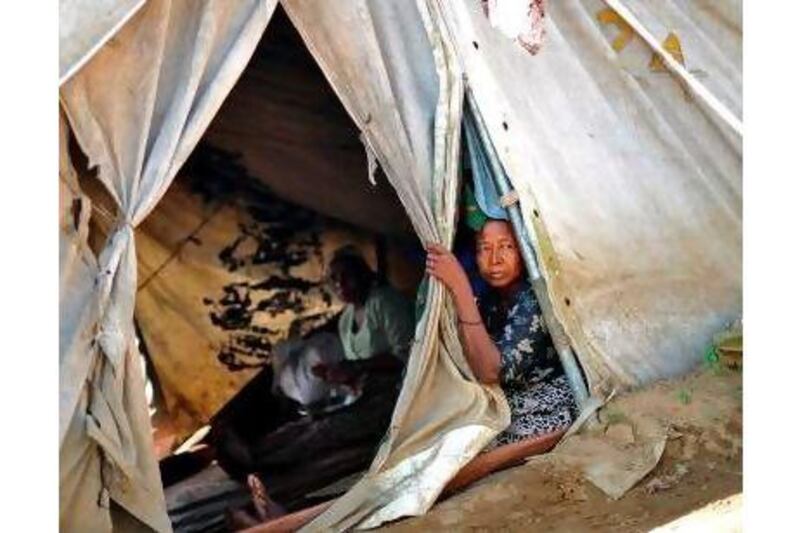Drug rehabilitation centre will tackle source of problem
Help coming for those who want to kick drug habit (November 6) is good news both for those affected by drug abuse, directly or indirectly, and for society in general.
As jurisdictions around the world have discovered, simply locking people up because they abuse drugs does not solve the problem of drug abuse.
While their activity is often illegal (depending on the substance they are addicted to), drug abusers are, first and foremost, people with a serious illness who need treatment and other assistance.
By treating the illness we will reduce the incidence of the crimes of drug use and trafficking, and limit associated crimes, such as stealing to support habits, and the antisocial behaviour of some addicts.
The only negative associated with this new rehabilitation centre is that it will take two years before it opens its doors. I hope the current facilities can cope until that time.
Mary Morris, Dubai
Bad drivers need to be educated
The recent accidents here in the UAE and in Oman (Lorry driver in fatal crash faces charges, November 4) have again drawn attention to the issue of road safety.
Several people have written to The National about speed and the non-use of seat belts, and they are right in saying that these are big contributors to the number of fatalities and injuries in road accidents.
However, from my observations of driving habits in the UAE, there are two other important contributing factors: changing lanes without looking or indicating, and tailgating.
Driver education campaigns on these two points could, in my opinion, make a significant difference in the number of injuries and deaths on the roads.
R McGrath, Abu Dhabi
Green zone plan a boost for Dubai
I was delighted to read about the Dubai 2020 plan, which will create a green zone in the city (Dubai's blueprint for eco belt, November 6).
Not mentioned in the article was the fact that such a green belt will prevent desertification and act as a wind break.
Also, the plan encourages more farms in the city, which will help reduce the risk of a food crisis.
To make this happen, the Dubai Government needs a strong development control team with experts in all related subjects.
J Lee, Dubai
Statistics reveal Myanmar tragedy
Regarding Ethnic violence slows doctors in Myanmar (November 6), I would like to draw attention to the latest spate of attacks on the Muslim Rohingya.
According to United Nations reports, more than 4,600 homes have been destroyed.
And a Myanmar government report says about 28,000 people have lost their homes, and at least 14 villages have been attacked.
Ali Ibrahim, Abu Dhabi
Reform of cheque rules is welcome
Retail bank chief backs bad-cheque law reform (November 6) is overdue recognition from the bankers that the current law is not working.
All that is happening is that people are going to jail for bouncing cheques and, because they are in jail, they have no way of paying off their debts.
Getting in over your head can happen to any of us, so it's imperative that the government and the banking sector work together on this issue.
N Michaels, Dubai
Tower regulations will help save lives
I fully support any regulations that can help to save children's lives (Push to make towers safer for children, November 6).
I can't understand why safety measures are already legislated in Abu Dhabi and Sharjah, but not in Dubai - which, of course, has the most and highest towers.
Pat Smith, Dubai
Strangelove wins the popular vote
I enjoyed reading All the president's leading men (November 6), your article about fictional movie presidents.
The very black comedy Dr Strangelove or How I Learned to Stop Worrying and Love the Bomb (1964) is my favourite among them.
It was the perfect combination of a talented director in Stanley Kubrick, a funny script and a great cast, with Peter Sellers and Slim Pickens putting in particularly memorable performances.
Pickens's final scene at the end of the film is hilarious.
But it's President Merkin Muffley who gets the best line: "Gentlemen, you can't fight in here. This is the War Room."
Michael Peterson, Dubai





